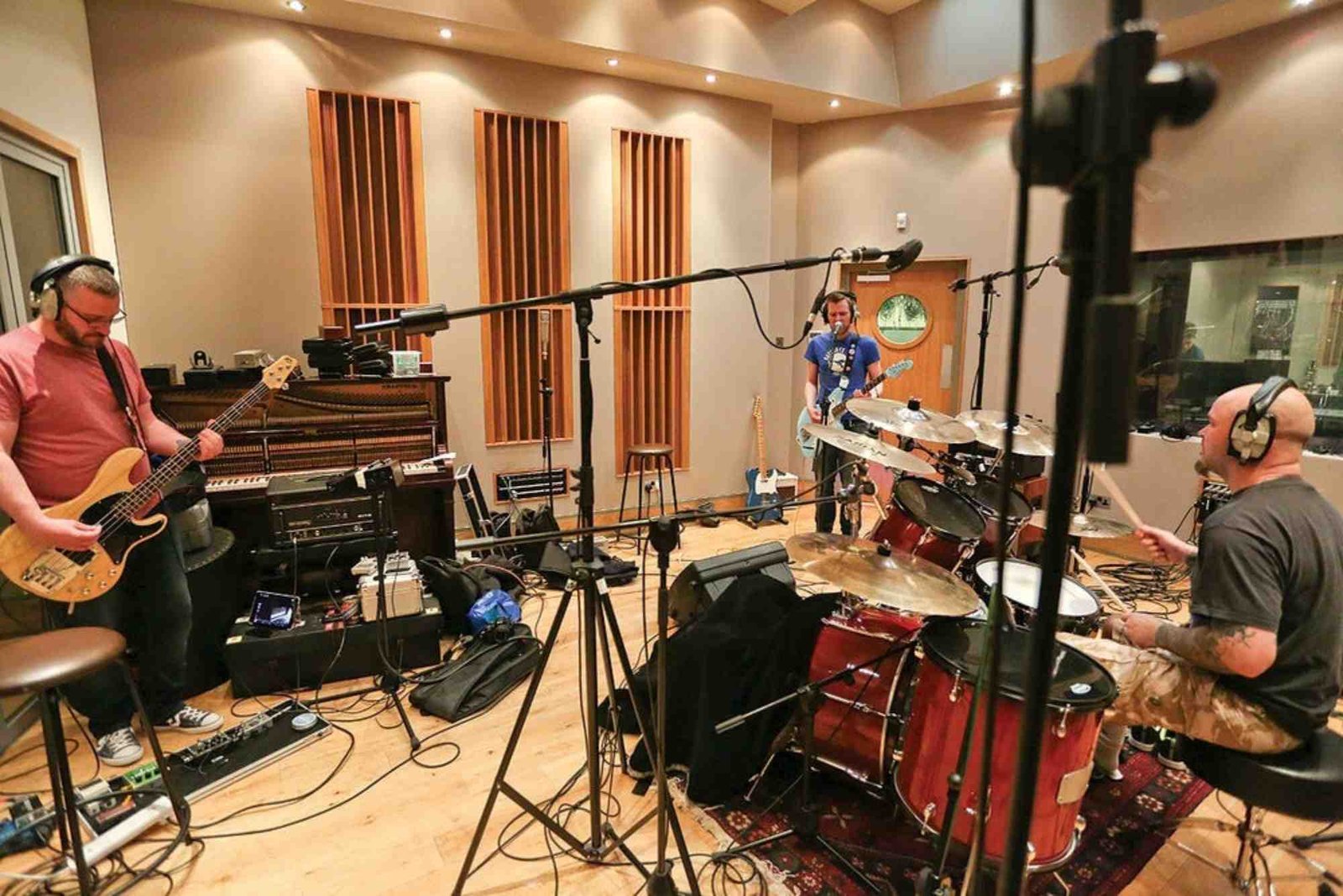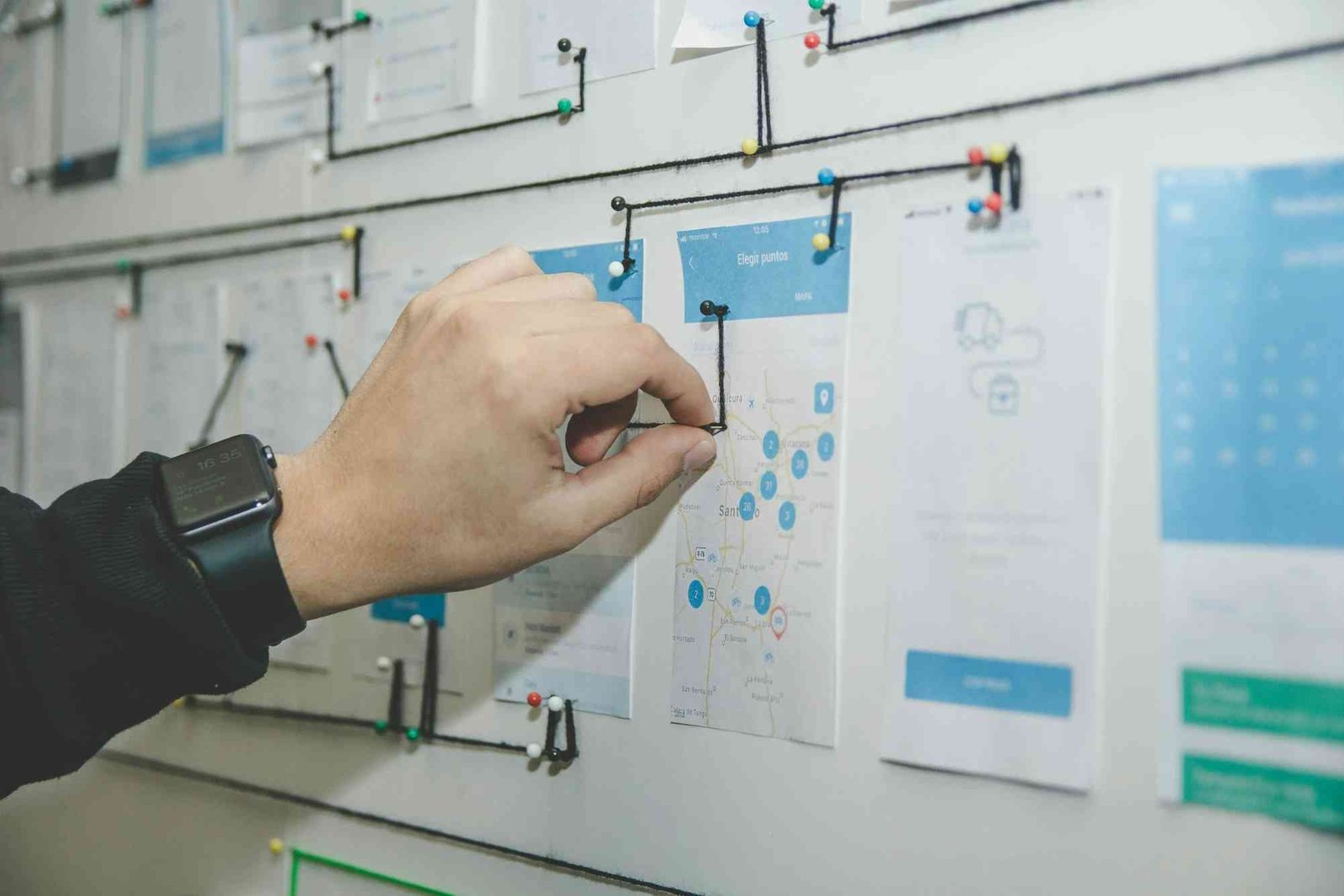Smart manufacturing has moved from buzzword to boardroom strategy. For leaders, engineers, and innovators, staying informed means more than reading white papers—it means attending the right events. If you’ve ever searched for upcoming conferences to better understand this rapidly evolving field, smart manufacturing summits are where theory meets action.
These summits bring together minds from across the manufacturing landscape. They showcase automation advances, discuss supply chain transformation, and focus on digital technologies that directly impact operational efficiency. But if you’re wondering what exactly you can gain from attending one, this article breaks it down based on real experiences and observations.
Why Smart Manufacturing Summits Matter
Not all conferences are created equal. Smart manufacturing summits stand out because they address the complex integration of IT, OT, and data science within industrial environments.
They’re not just about networking or vendor booths. They’re about walking away with actionable strategies, partnerships, and sometimes even tech implementation roadmaps. This matters when you’re dealing with capital-intensive industries and a high cost of downtime.
The Structure of These Events
Most smart manufacturing summits follow a multi-track format. You can expect:
-
Keynote sessions with thought leaders from top manufacturers and tech providers.
-
Panel discussions tackling topics like predictive maintenance, digital twins, AI integration, or MES upgrades.
-
Workshops for hands-on training in areas such as IIoT platforms or cybersecurity in industrial environments.
-
Exhibitor spaces where startups and established vendors alike demo their tools, often tailored for enterprise use.
Whether you’re a plant manager or a CTO, there’s usually something specific to your role. The good summits take care to segment content, offering real value regardless of your technical fluency.
Networking with Purpose
The term “networking” is vague until you’ve actually shared a coffee with a peer from another continent who’s solving the same problem as you, just in a different context. One of the best parts of these events is learning how others have implemented smart systems without massive overhauls.
You’ll meet:
-
System integrators with case studies on modular upgrades
-
Startups solving edge data problems in lean ways
-
Academics working on applied research that’s actually translatable to real operations
And yes, vendors. But the best ones aren’t just selling—they’re explaining their tech with live demos and real customer results.
What Topics Are Gaining Traction
The themes at smart manufacturing summits reflect the fast pace of change in the industry. If you’re checking listings for upcoming conferences in 2025 and beyond, expect to see these areas getting a lot of attention:
AI and Machine Learning in Production
This isn’t about just putting AI into your analytics stack. It’s about real-time optimization, self-correcting systems, and improved yield through predictive logic. Summits often showcase how companies are deploying AI—not in labs, but on the line.
Edge Computing and Industrial IoT
With growing concerns about latency and data security, there’s increasing discussion around keeping data close to the source. Sessions often explore hybrid models and deployment best practices.
Workforce Upskilling and Human-Machine Collaboration
Robots aren’t replacing humans—they’re reshaping roles. Many summits now feature sessions focused on digital literacy, AR training tools, and building trust between workers and machines.
Sustainability and Energy Optimization
Efficiency isn’t just a cost metric anymore—it’s a regulatory and reputational concern. Expect presentations on energy dashboards, waste tracking systems, and circular manufacturing models.
What You Actually Take Home
The best feedback I’ve heard from summit attendees is about relevance. You walk away with:
-
Contact lists of people who’ve done what you’re planning
-
Templates or blueprints from workshops that can be adapted in your plant
-
A better understanding of what’s hype and what’s real
It’s not a vacation. The days are long and packed. But you’ll likely leave more informed than after weeks of webinars or reports.
How to Prepare Before Attending
To get the most from smart manufacturing summits, do more than just register. Here’s what helps:
1. Know Your Priorities
What do you want to change in your operations? Whether it’s reducing downtime or integrating legacy systems with new tech, let that guide your session picks.
2. Research the Speakers
Some summits publish detailed bios and session abstracts. Look for those with real-world experience rather than just tech evangelists.
3. Plan for Post-Summit Follow-Up
You’ll get contacts and leads. Make sure you have time after the event to follow up, share learnings internally, or test tools you discovered.
How These Conferences Evolve Each Year
If you’ve been to one summit, you haven’t been to them all. These aren’t rinse-and-repeat events. The tech evolves quickly, and so does the content.
For example, five years ago, few sessions focused on generative AI. In 2024 and 2025, nearly every summit has dedicated time to this topic—not in theory, but in practical application, such as AI-assisted design or dynamic supply planning.
Similarly, while digital twins used to be a fringe concept, they’re now central to many roadmaps. Conferences reflect that shift.
Choosing the Right One
You don’t need to attend five events a year. But choosing the right one matters. Start by looking at:
-
Agenda depth
-
Quality of past speakers
-
Industry focus (automotive vs. electronics vs. general manufacturing)
-
Audience makeup
Events hosted by respected organizations—such as CESMII, Hannover Messe, or regional arms of the Industry 4.0 Consortium—tend to draw serious participants and high-value content.
Virtual vs. In-Person
Post-2020, many summits offer hybrid formats. Virtual attendance can give you content access at lower cost, but it doesn’t replace the hallway chats, serendipitous meetings, or hands-on tech demos you get on site.
If you’re choosing just one, go in person. It pays off.
Final Thoughts
Smart manufacturing summits are more than lecture series. They’re dynamic, practical, and rooted in solving today’s real production challenges.
If you’re scanning upcoming conferences looking for real value, find one focused on smart manufacturing. Come with questions. Leave with answers, tools, and a few new numbers in your phone.








